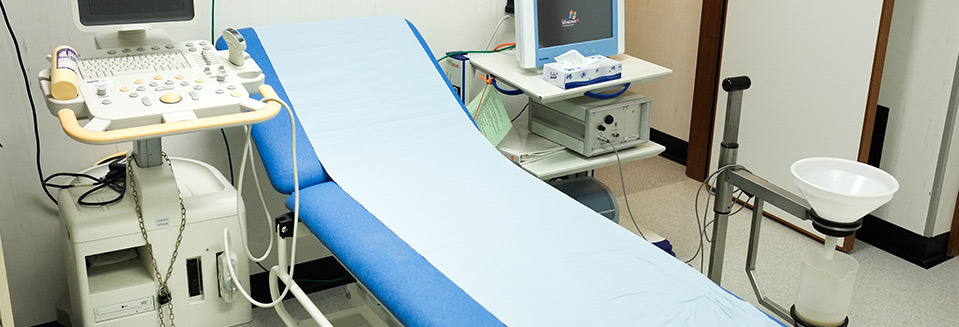
Specialist Services
Bladder Cancer
Contact: (0191) 2138580 – Sister Clare Bird, Uro-oncology Nurse Specialist
The most common symptom of bladder cancer is blood in the urine, known as haematuria; pain is unusual. The colour may vary depending on the amount of blood and sometimes blood clots can form. It may be present some days and not others.
There are other reasons why you might have haematuria, but it is important to have it checked as soon as possible. Your GP will refer you to our Haematuria Clinic and you will be seen in our clinic.
We run four haematuria clinics a week at the Freeman Hospital. With most of our patients coming from across the North East, we work in close partnership with local hospitals and hold clinics in the following locations so that you do not have to travel as far:
- North Tyneside General Hospital
- Queen Elizabeth Hospital in Gateshead
- Wansbeck General Hospital
- Hexham General Hospital
Please contact us for further information about these clinics or ask at one of the hospitals above.
The Newcastle Haematuria Clinic is held in the Urology Investigation Suite at the Freeman Hospital.
Staff you are likely to meet
When you arrive in the Urology Investigation Suite, you will be seen by a member of staff experienced in problems associated with the bladder. They will discuss your symptoms and explain what to expect during your time in the clinic. You may find it helpful to bring a friend or relative with you.
During the course of the morning you will also meet staff from the Radiology Department when you have your scans, and medical and nursing staff when you have your bladder examination.
The types of tests you can expect
There are a range of tests and investigations which you will have during the course of the clinic. The tests will include:
- blood and urine tests which will give the doctor an indication of your general health and how well your kidneys are working.
- an ultrasound scan of your kidneys which produces a picture using sound waves, takes under 15 minutes and is completely painless.
- an x-ray of your kidneys, this may be a CT scan possibly using contrast dye which will give additional information on the outline of your kidneys, ureters and bladder.
- an inspection of your bladder (cystoscopy) which is a telescopic examination allowing the urologist to inspect the inside of your bladder. A flexible cystoscope is used with local anaesthetic (i.e. it can be done while you are awake).
Under some circumstances it may be recommended that some tissue samples (biopsies) be taken, in which case you will need another appointment to have a general anaesthetic. The biopsies are examined under a microscope to establish whether or not there are any cancerous cells, and if so, what kind they are.
What happens next
We will be able to discuss your ultrasound, x-ray and bladder examination results with you in the clinic.
Your blood and urine results will be sent to your GP when we receive them. At the end of the consultation the doctor will write a letter to you and your GP, and you will be given a copy of this letter before you leave.

